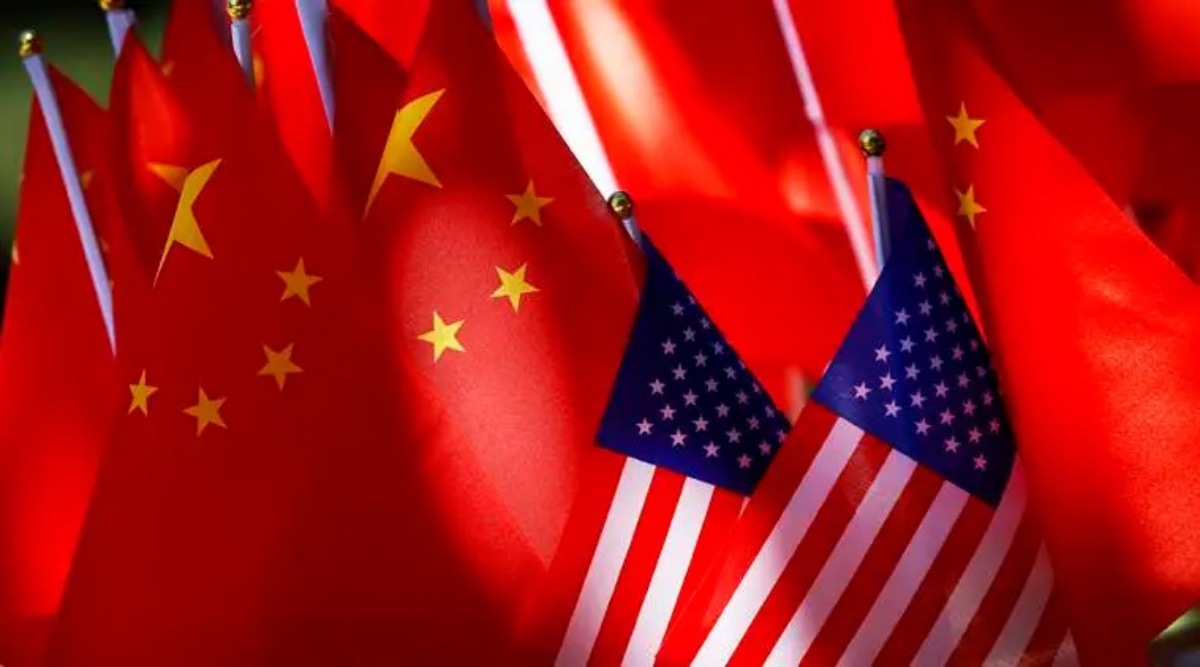 The people of Taiwan for the last 70 years have lived outside Beijing’s control and many Taiwanese do not identify as Chinese. In such a situation, for China to forcefully re-unify Taiwan as part of its territory will be a grave violation of the right to self-determination of the Taiwanese people.
The people of Taiwan for the last 70 years have lived outside Beijing’s control and many Taiwanese do not identify as Chinese. In such a situation, for China to forcefully re-unify Taiwan as part of its territory will be a grave violation of the right to self-determination of the Taiwanese people. As a reaction to the visit of United States House Speaker Nancy Pelosi to Taiwan, China has been conducting provocative military drills in the Taiwan Strait. Chinese drones have been intruding on Taiwan’s airspace, which forced Taiwan to shoot down a drone recently. While the world assesses the political and economic costs of a revisionist China that will not shy away from using force to achieve its territorial ambitions, an important question is will Beijing’s use of force against Taiwan be consistent with international law?
One of the scathing criticisms of the League of Nations (predecessor of the United Nations) was that it failed to outlaw war. This failure was partly responsible for the Second World War, after which the UN was established. The Charter of the UN outlaws war in clear terms. This is evident from the Preamble and Articles 1 and 2 of the Charter. For example, Article 2.4 states that “All members shall refrain in their international relations from the threat or use of force against the territorial integrity or political independence of any state.” The only situation where the UN Charter allows for war is those given in Article 51, which recognises the “inherent right of individual or collective self-defence if an armed attack occurs” against a UN member state. Two points must be noted here: First, the provisions relate to a “state”, and second, the right of self-defence is triggered only in the case of an “armed attack”.
In the context of the China-Taiwan dispute, the most important question is: Is Taiwan a state? Arguably, if Taiwan is not a “state”, as China contends, Article 2(4) of the UN Charter does not protect Taiwan’s territorial integrity or political independence. Article 1 of the Montevideo Convention provides that to qualify as a state, an entity must have a) a permanent population; b) a defined territory; c) government; and d) capacity to enter into relations with the other states. Taiwan satisfies all these criteria. It is a prosperous country, with robust democracy, and a well-functioning government. Its political and economic systems are diametrically opposed to that of China. It has existed as an independent entity, outside the control of China for more than 70 years. However, despite all of this, Taiwan has never formally declared its political independence. Thus, its statehood in international law remains disputed. Nonetheless, as many international lawyers assert, Taiwan is a stabilised “de facto” state that has a comparable right to self-defence just like any other UN member.
In other words, even if the question of Taiwan’s statehood has not been settled under international law, nothing gives China the right to either use or threaten to use force against it. Pelosi’s visit per se can’t be invoked as a justification for launching an armed attack. The visit was a diplomatic one and non-threatening in the sense that there was no indication of an “armed attack” against China as understood under Article 51. In fact, China’s bellicosity towards Taiwan is a violation of Article 33 of the UN Charter which requires parties to any dispute to use peaceful means for settling their differences.
A final point is about the Taiwanese people’s right to self-determination — the legal right of people to decide their own destiny — which is a settled principle of customary international law. Although traditionally, the principle of self-determination has been applied in the context of colonial settings, experts like Christopher Hughes argue that Taiwan is a special case because it is already a well-functioning stable, democratic state. The people of Taiwan for the last 70 years have lived outside Beijing’s control and many Taiwanese do not identify themselves as Chinese. In such a situation, for China to forcefully re-unify Taiwan as part of its territory will be a grave violation of the right to self-determination of the Taiwanese people. No matter how one slices it, Chinese belligerence towards Taiwan is a blatant violation of international law. The world collectively needs to stand up to potential Chinese aggression against Taiwan.
Ranjan and Kumar teach at the Jindal Global Law School and IFIM Law School respectively